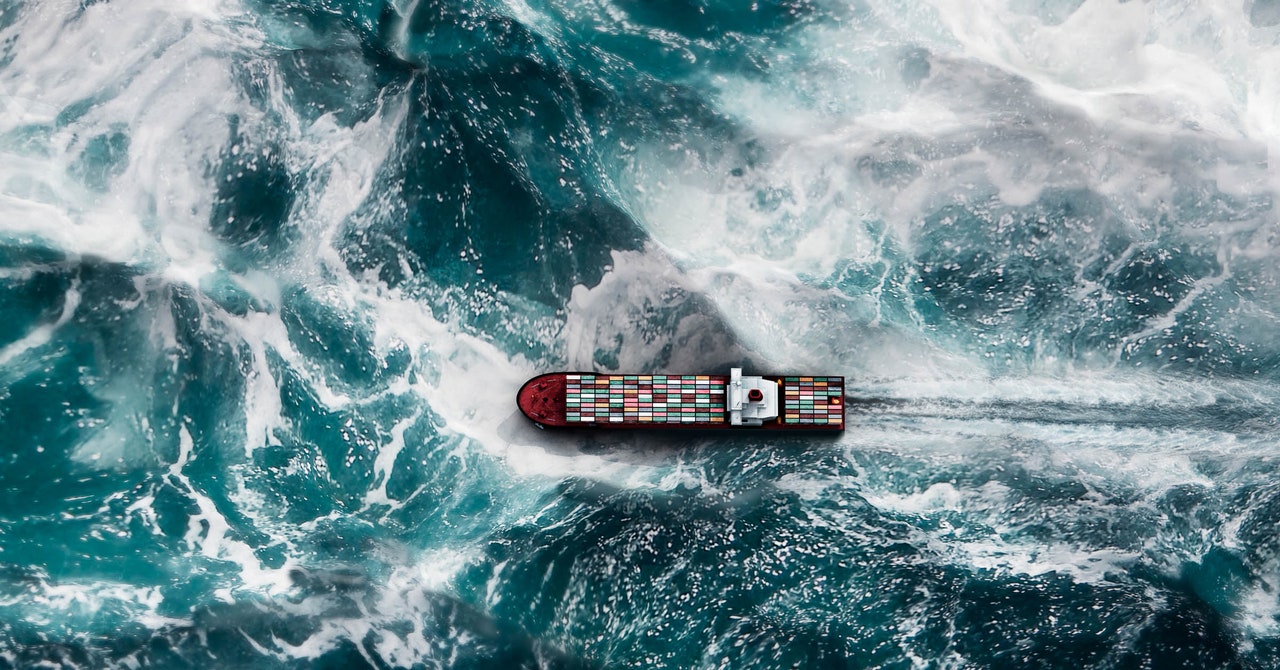Marinder Singh was supposed to be home in Pune, India, by now. The marine engineer set sail on a chemical tanker in mid-September on what was supposed to be a four-month voyage. Early this year, as the Covid-19 pandemic began its spread, he extended his contract to mid-March, when the ship was set to dock in the United States. From there, Singh planned to fly to Pune for a few months relaxing with his family before his next voyage.
But as international travel restrictions triggered waves of flight cancellations, Singh realized he would have no way to get home. “My signoff was cancelled,” he says. Over the past eight months, he’s been to China, Singapore, Japan, South Korea, Mexico, the US, and Nigeria. It’s the longest trip of his career, and he’s not sure when it will end. “As days are passing, stress is piling up,” he says.
For hundreds of thousands of young men from India, the Philippines, Indonesia, and other struggling nations, going to sea is a chance to make a good living, and see the world doing it. (Women make up just 2 percent of the international workforce, and sail chiefly on cruise ships and ferries.) Singh started sailing in 2004, both for the money and the chance to travel. He always enjoyed his work, managing the day-to-day operation of the engine department, doing maintenance, keeping records. But while those duties haven’t changed, life at sea has been less pleasant. Now, when his ship comes into port, Singh is not allowed on shore—and he worries that one of the pilots, agents, surveyors, or immigration or customs officials who do come aboard might bring the novel coronavirus with them. “I want to go home,” he says. “Be with my family.” Instead, he’s headed toward South Africa to pick up a shipment of phosphoric acid.
Stay in the know with our Transportation newsletter. Sign up here!
Singh is just one of roughly 150,000 seafarers who, by May 15, will be stuck at sea beyond what they’d agreed to, according to the International Chamber of Shipping, a ship owners’ trade association. That’s more than 12 percent of the 1.2 million workers at sea at any given moment, managing the global fleet of 65,000 ships, the vast majority of them the cargo carriers that move 90 percent of the world’s trade, by volume. That number will only grow as shuttered airlines and canceled flights keep these workers from finding their way home—and crucially, stop replacements from reaching their ships. In a typical month, about 100,000 seafarers either join or leave a ship.
Read More

